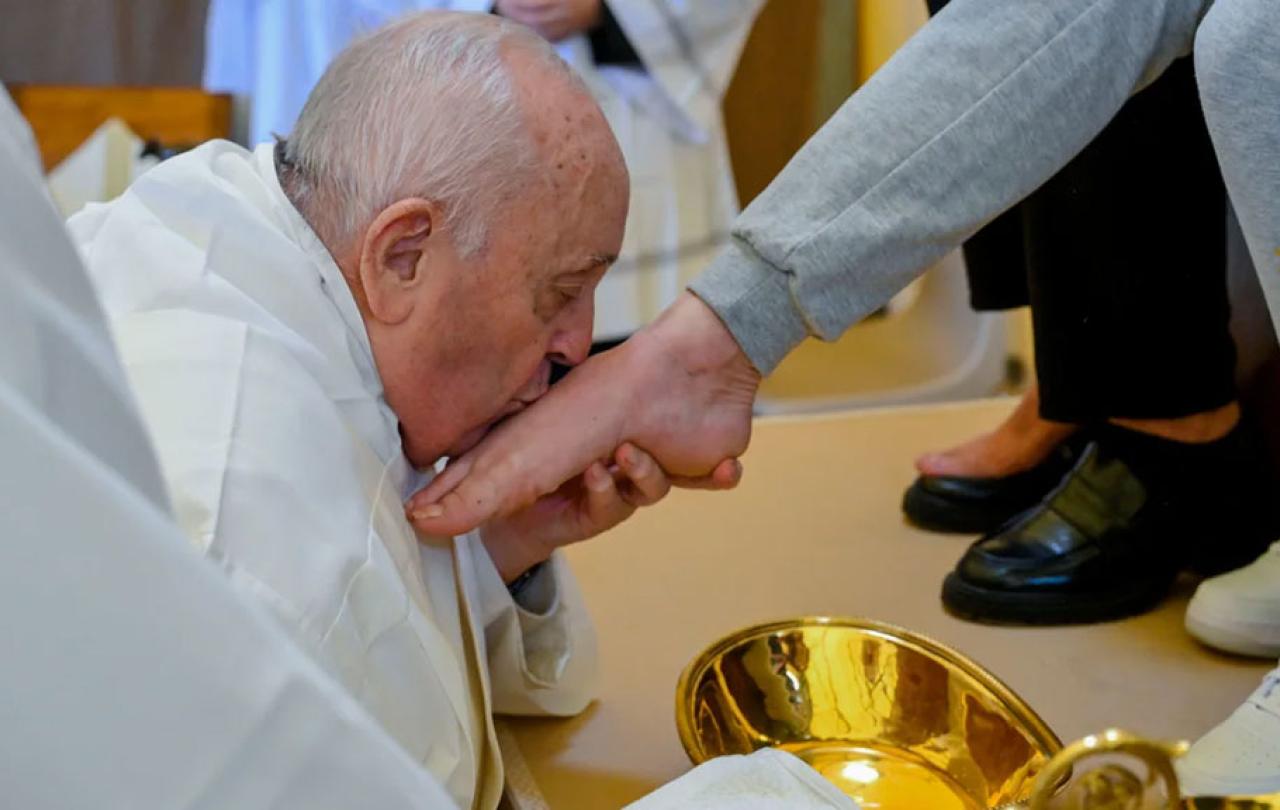
Whatever you think of Christianity, just skimming the streaming options on Amazon or Netflix tells you that Christianity is by no means in decline; if anything, as one recent article in The Economist reads, it “is having a moment.”
Amazon Prime’s House of David, Netflix’s Mary, and the series The Chosen are a few of the streaming options mentioned in The Economist article titled “Christian entertainment has risen”, which also notes the approximate 280 million people viewership worldwide of The Chosen.
Sure, not all of these shows are the highest in production quality and they don’t necessarily garner great reviews across the board. House of David, the article cites, has been described as “wooden and cheap-looking, humourless and dull.” Negative comments have been shared about other Christian films as well ranging back to Mel Gibson’s The Passion of the Christ.
Yet, with all the mixed reviews of the various Christian streaming options available today, I could not help but wonder exactly why has there been such an uptick in Christian films and shows.
There are two reasons hinted at in the article that stood out to me. The first thought revolves around the need for faith. The second is hope.
At one point, the writer observes that the surge in biblical films is not necessarily a sign that Hollywood has now seen the light as much as it is indicative of the fact “that the world right now feels very dark.” People are searching for some light. The head of the Wonder Project, the independent studio that made House of David, adds: “Today people want to watch things that ‘restore faith’”.
Personally speaking, I have lowered my intake of news over the last year primarily because I found that it either gets me down or increases my anxiety levels. The decision to tune out news outlets felt like the wise choice in limiting the ambient angst in my life. As I have shared this with friends, I have found that I am not alone in this; not by a long shot.
Yet, with all the gloomy news we see around us, I’ve come to believe that even in our age of cynicism and scepticism, we still want to trust in others, our friends, our spouse, our leaders, and dare I say, God.
The common thread among the surge of Christian television shows and films is that they present a world we want to live in. They are telling stories that involve redemptive endings; massive themes are covered, ranging from temptation and forgiveness, humility over pride, healing of wounds, and perhaps greatest of all, life after death. I wonder if one of the reasons we are attracted to these shows is the fact that they carry narratives that speak to the very core of who we are, who we struggle to be, yet who we want to become. They present a world of pain, struggle, turmoil, and darkness that also includes healing, strength, peace, and light. In a word, they fill us with faith.
The Economist writer adds that “in a saturated streaming market, these films and shows are offering that most of Christian values—hope—to their makers.” Speaking now as a person living in America where the daily news cycle consistently offers us some type of disaster to digest, I find myself paying close attention to any possible signs of hope, and that includes the shows I stream.
The more I live, the more I realize that every one of us is trying to figure out how to live in a battlefield of different pressures and struggles presented to us in life
Not too long ago, I got into an unexpected conversation involving faith with the person who cuts my hair. Midway through the haircut, she told me that she and her husband were going to church that weekend. From our conversation, I had gathered that she was not religious at all so I gently asked her why they were going to church. Her voice slowed down and got shaky. She moved the scissors away from me. She then looked at me through the mirror and said, “My husband and I just had a baby and life has been very stressful. We are not sure we are going to make it. We are going to church because we need something to hope in.”
The more I live, the more I realize that every one of us is trying to figure out how to live in a battlefield of different pressures and struggles presented to us in life. The question has always been, “How is it possible for us to live and perhaps even flourish in this type of world?” The ubiquitous nature of entertainment options available to us in our technological age might be unique to us, perhaps. But what is not new is our desperate need for faith and hope to sustain us. The rise in Christian entertainment reminds us of this truth.
We might not need Amazon Prime video or Netflix to survive in this world, but the offering of faith and hope found in the films and storytelling within those streaming services are the exact ingredients we need to live. When you think about it like that, it’s easy to understand why Christian entertainment is indeed having a moment.





